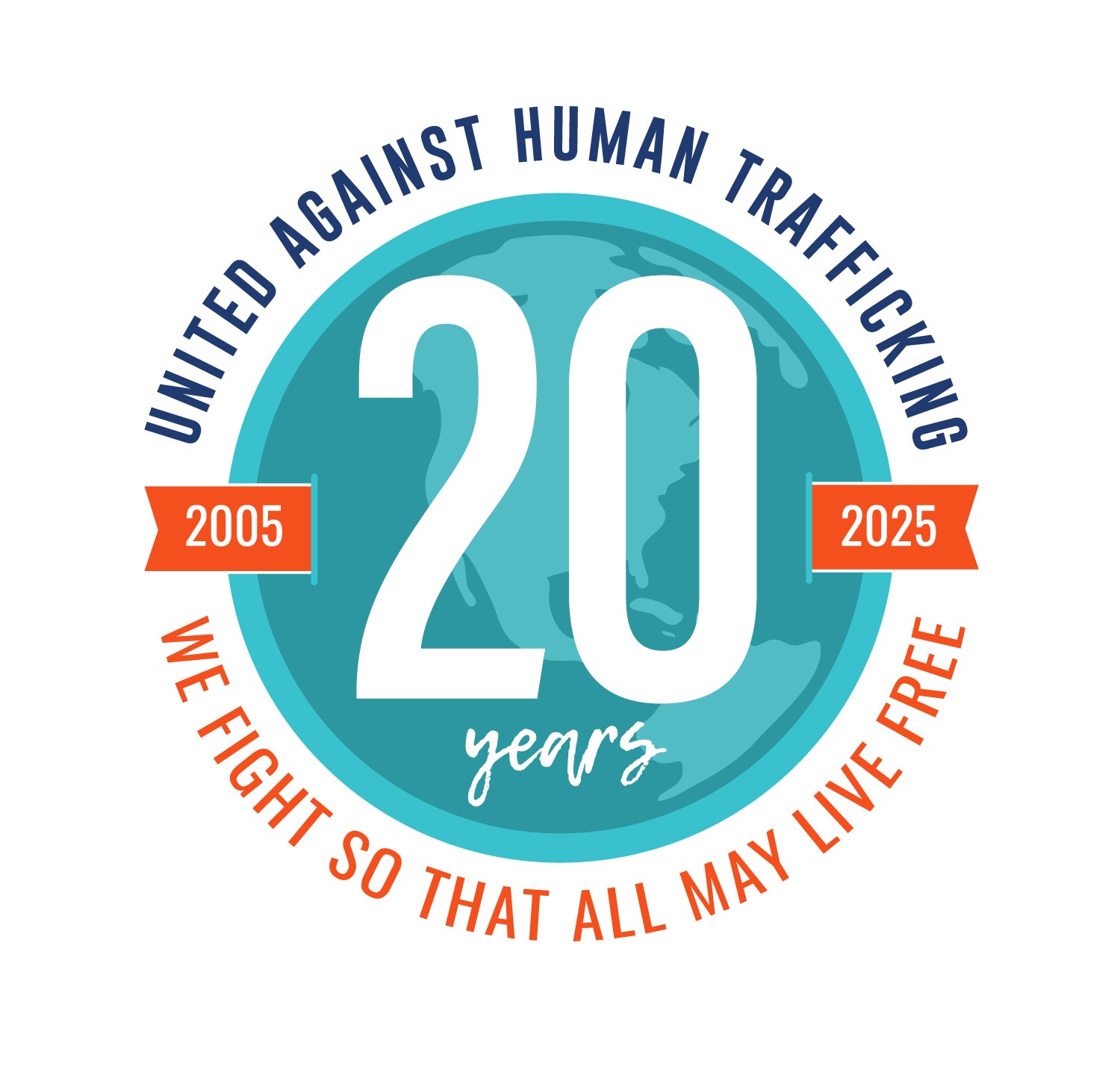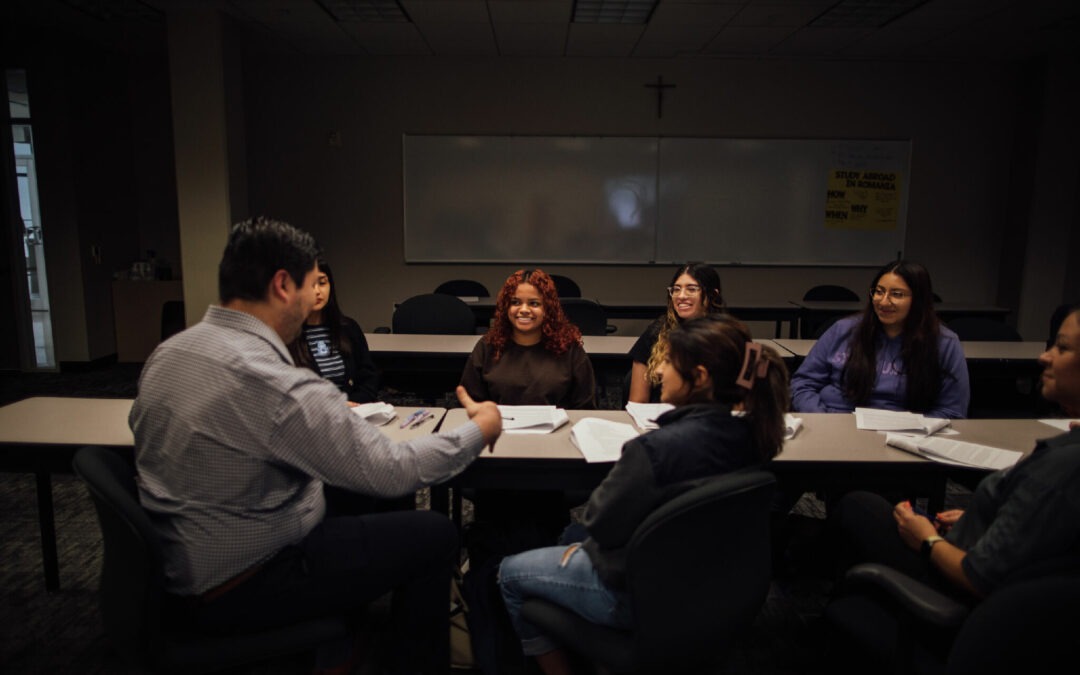Understanding the Roles of Human Trafficking Task Forces & Human Trafficking Coalitions
Human trafficking is a complex issue that requires a multi-faceted approach. Across the U.S., various organizations and entities have combined resources and skills to reach every area and aspect of human trafficking. Two of the most common human trafficking organizations and entities are task forces and coalitions. Both aim to tackle human trafficking; however, their structures, functions, and resource utilization differ significantly. This article explores these differences to provide a comprehensive understanding of each.
Human Trafficking Task Forces
Structurally, human trafficking task forces are law enforcement-centric and are an extension of the state or federal government. As such, often they are funded through tax dollars and/or other government funding. These task forces include a combination of federal, state, and local law enforcement agencies, prosecutors, and other governmental agencies. Task forces typically also involve non-governmental organizations (NGOs) and survivor service providers in order to ensure seamlessness of services to and protection of human trafficking survivors. However, their primary focus remains on law enforcement and legal proceedings.
Human trafficking task forces have several functions and duties:
- Investigation and Prosecution: Their primary function is to investigate and prosecute sex and labor trafficking cases. This includes identifying traffickers, extracting survivors, and dismantling trafficking networks.
- Intelligence Gathering: A crucial part of task forces’ role is to collect and analyze data related to human trafficking activities. The data helps everyone involved in the movement better understand human trafficking patterns which in turn guides collaborative efforts to develop or adjust strategic plans.
- Interagency Collaboration: An important aspect of task forces is to create a seamless collaboration between law enforcement agencies—city, county/parish, state, and federal. The collaboration ensures that all the agencies are communicating intelligence, pooling resources and expertise, and are unified in their operations.
- Training and Education: Human trafficking intersects with gender, sex, citizenship status, race, economic status and more. As such, one of their key duties is to ensure proper training to law enforcement officers, prosecutors, and other governmental actors. This training may be provided by an NGO for survivor-informed training, established task forces for tactical training, and/or other experts in the field.
- Survivor Assistance Coordination: Survivor assistance coordination is not typically task forces’ primary focus; however, in working closely with the regional coalition, the task force will connect survivors to the coalition so that the coalition can assist the survivor with access to social services.
Task forces play a vital role in our communities to eradicate human trafficking networks and assist survivors in getting out. Task forces are established in both regions UAHT services – The Office of Human Trafficking and Domestic Violence in the greater Houston area and The Allians in Calcasieu Parish. As an NGO, at UAHT we work with both task forces on an as-needed bases and stay informed about the task forces. In summary, the essential role of human trafficking task forces is to conduct operations, gather intelligence, and prosecute perpetrators of human trafficking. They heavily rely on federal and state funding to accomplish this goal.
Human Trafficking Coalitions
The structural make-up of human trafficking coalitions differs greatly from that of task forces. Coalitions are community-based. They are made up of NGOs, social service providers, legal advocates, healthcare professionals, educators, and survivors. Coalitions will also typically have a law enforcement representative involved for seamless collaboration between the regional task force and coalition. Coalitions are generally registered as a 501(c)(3) or lead by a 501(c)(3), largely gaining their funding from donations, grants, and partnerships.
Human trafficking coalitions have several functions and duties:
-
- Awareness and Education: Coalitions focus on raising awareness about human trafficking within communities. Specifically, awareness and education include demographics typically affected by human trafficking, signs of labor and sex trafficking, lived experiences, training on survivor-informed care, and community advocacy.
- Advocacy: Often coalitions will have a policy committee in which they will advocate for policy changes to improve laws and protections for trafficking survivors on a local, state, and national level.
- Survivor Services: One of coalitions core functions is to provide survivors with direct support. This includes offering shelter, legal assistance, counseling, healthcare, and job search assistance.
- Community Engagement: Coalitions work to engage and mobilize community members, encouraging them to participate in efforts to prevent and combat human trafficking.
- Collaboration and Networking: Coalitions facilitate collaboration among its members and the community with the goal of fostering a diverse approach to addressing human trafficking.
Coalitions utilize their networks and community to mobilize, provide resources, and support survivors. Coalitions typically have a broad reach in the community, allowing them to raise awareness and provide services directly to survivors at a grassroots level. As an NGO, UAHT is more involved in the coalition-side of advocacy. A huge part of our heart and efforts is to build out and grow the coalitions in Houston and Lake Charles. It is part of our mission to ensure that the coalitions are survivor-centered, have a diverse pool of members, and are inclusive of all races, ethnicities, sexual-orientations, and backgrounds.
Complementary Roles
Despite the differences between task forces and coalitions, they complement one another in the fight against human trafficking. Task forces work to dismantle trafficking operations, extract human trafficking survivors, and hold perpetrators accountable. On the other hand, coalitions offer a holistic approach to human trafficking by addressing the social aspect of human trafficking by providing essential services, education, and support to survivors.
A strong partnership between task forces and coalitions is crucial as it creates an environment in which a comprehensive strategy to combat human trafficking can be formed. Additionally, collaboration is important so that the two teams can leverage their unique strengths and resources. Here, at United Against Human Trafficking, it is our goal to work closely with and support the task forces both in Texas and Louisiana to ensure that together we are providing robust wrap-around services and education to survivors and our communities.

